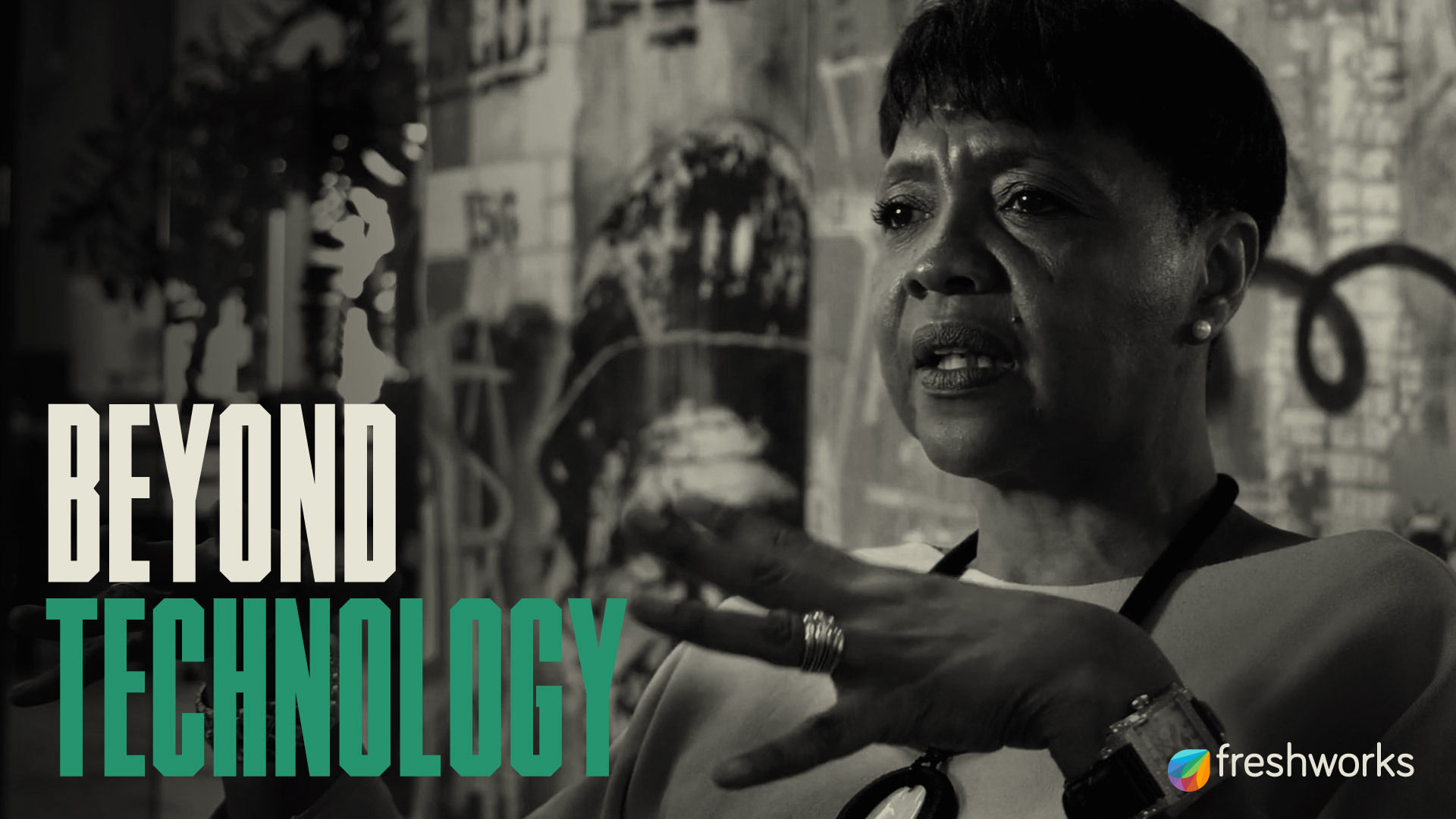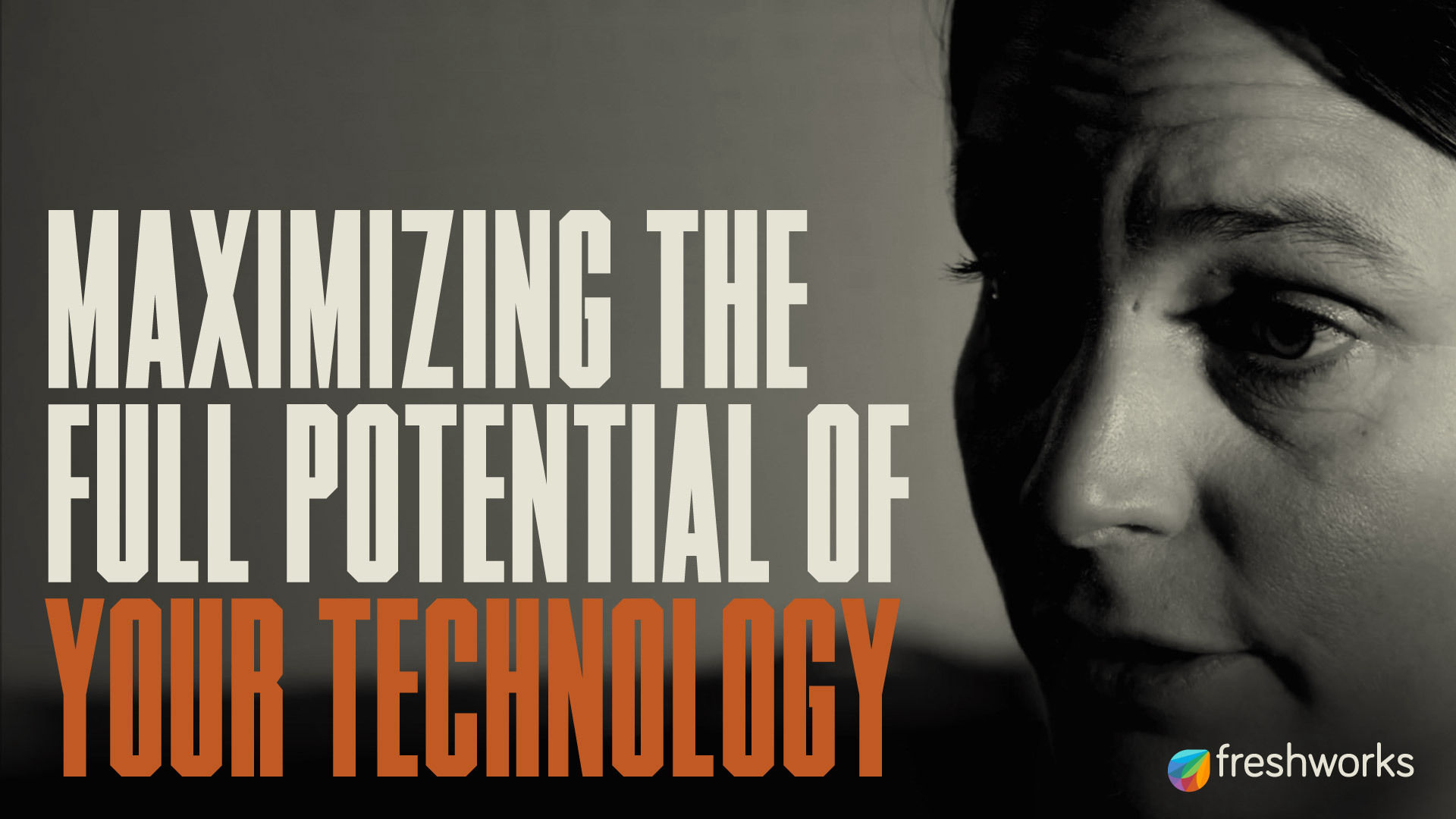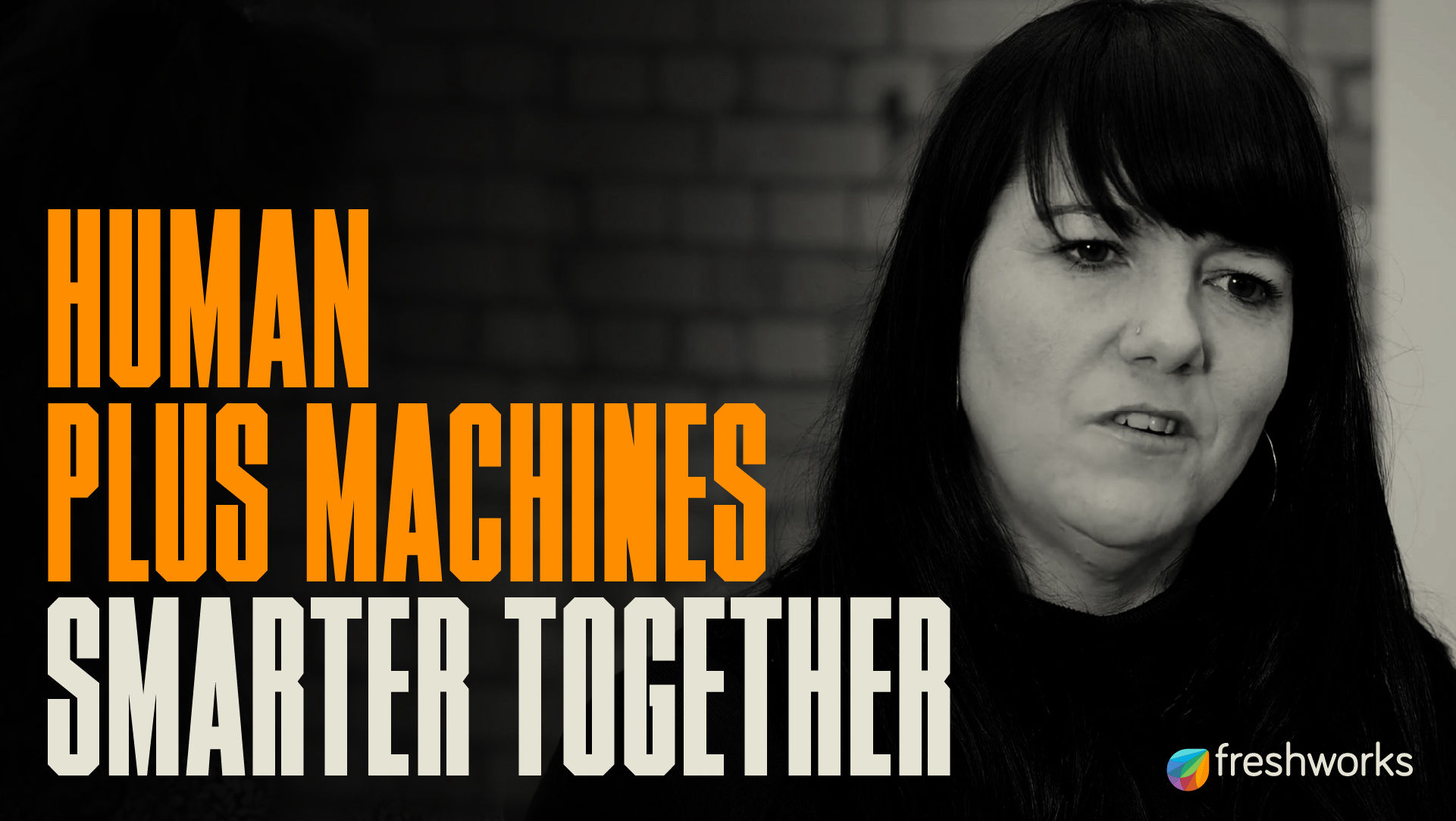EXPERIENCE IT, hosted by Freshworks, brings 30+ leading CIOs, industry leaders and technology visionaries together for an interview series full of insights and learnings. We will be exploring the evolution of user behaviour, the significance of designing IT services that interact with humans, and the benefits of delivering world-class experiences.
#experienceit

This session explores the relationship between people and technology thus far and how organizations' focus needs to shift from just being able to make IT functional to make it experiential. The experiences these technologies deliver will drive the future of IT.

In this session, we look at different ways IT can enable other business functions to perform at their best. Business Relationship Management (BRM) has shifted IT's role from tactical interactions to one of strategic engagement. Finding a delicate balance between optimizing business value and evolving business culture helps break down silos to achieve the organizational purpose.

The expanding role of digital in the enterprise is creating new functions and skill requirements. If we cannot build a workforce that is resilient in the face of constant change, then we will cease to exist. In this session, we look at re-programming skills for the digital era and shed behaviours that are no longer viable.

In this session, let's demystify some of the expectations of Artificial Intelligence (AI). While the ongoing debate on the extent to which AI can impact the role of humans persist, AI is already a part of our lives. IT leaders are having conversations around AI as customers expect service and experience similar to Amazon's Alexa, Google Home, etc. How can IT help businesses unlock real value from AI?

This session looks at what kind of design approach brings together and amplifies the best of automation and the best of humanity. Explore the integration of both the human and automated elements, so the experience is smooth and enables the AI interface to learn and improve on its speed, accuracy, consistency, and relationship interaction.

We all like to know where we stand and if we are heading in the right direction. It's about understanding why and how we need to know something to make the right decisions. Amongst other ideas, this session explores the context of blue sky view versus common knowledge and the balance challenge if we're not to become data junkies. To be a part of value co-creation, we share a responsibility for the accuracy, transparency, trust, and security of the information we input to the system that helps make data-driven decisions.

For most of us, our organization already exists. Often, we are the inheritors of the technology and process choices of those that came before us. We are being asked to transform the complex, deeply embedded legacy systems, constrained processes, and dying skillsets into a new high-performing business model. In this session, let's look at how do we go about maximizing the potential of the tools we have to refresh our technology landscape and enable our teams to make the shift to living digital, to inspire new behaviour and to instil a co-creative, resilient culture.

An average US consumer is connected to approximately six networked devices at a time. With device interaction exponentially increasing and evolving, services need to be omnipresent. With hyper-connected employees and blurring work and personal lines across any channel or device, this session explores how a human-centric omnichannel approach improves service delivery experience.

Are we colleagues or adversaries? An ethereal dance performance requires a harmonious partnership. Any discord becomes visibly evident and breaks the flow. The same relationship holds true for DevOps and Service Delivery. In this session, we explore the expectations both teams should ideally have from each other, to avoid missteps. We also cover the impact a well oiled DevOps and Service Delivery engine could have to reach new heights of value success.

In a volatile, uncertain, complex and ambiguous world, we need technology to augment our human intelligence. Now more than ever, if we're to meet the challenges of evolving our organisations, we need people of all generations across our workforce to ensure cognitive diversity. This is critical to not just survive but thrive as we navigate the shifts in our world. It's necessary to adapt and transform our competencies to new ways of working.

Cybersecurity is on the minds of all organizations across the globe. Issues around moral versus legal parameters are hotly debated and made even more complex by the questions surrounding the jurisdiction of standards and data. There is the difficulty of knowing if it is my choice about how much someone sees or do I make a trade-off. Trust is a human trait and a challenge when we apply it while using technology. There are models, there are standards, there are frameworks and methods yet we still wonder at what point the decision of who and what to protect is being managed by humans or machine.

Technology is just the catalyst. What we use today will come and it will go. The future is an unknown and this journey already has some interesting twists and turns. Understanding is building, that machines are not 'taking our jobs' but certainly we must adapt and evolve our skills to ensure that machines complement what we do. Let's see technology as an extension of our own intelligence, recognise the differences and where the interaction of humanising IT exists.

Sorry, our deep-dive didn’t help. Please try a different search term.